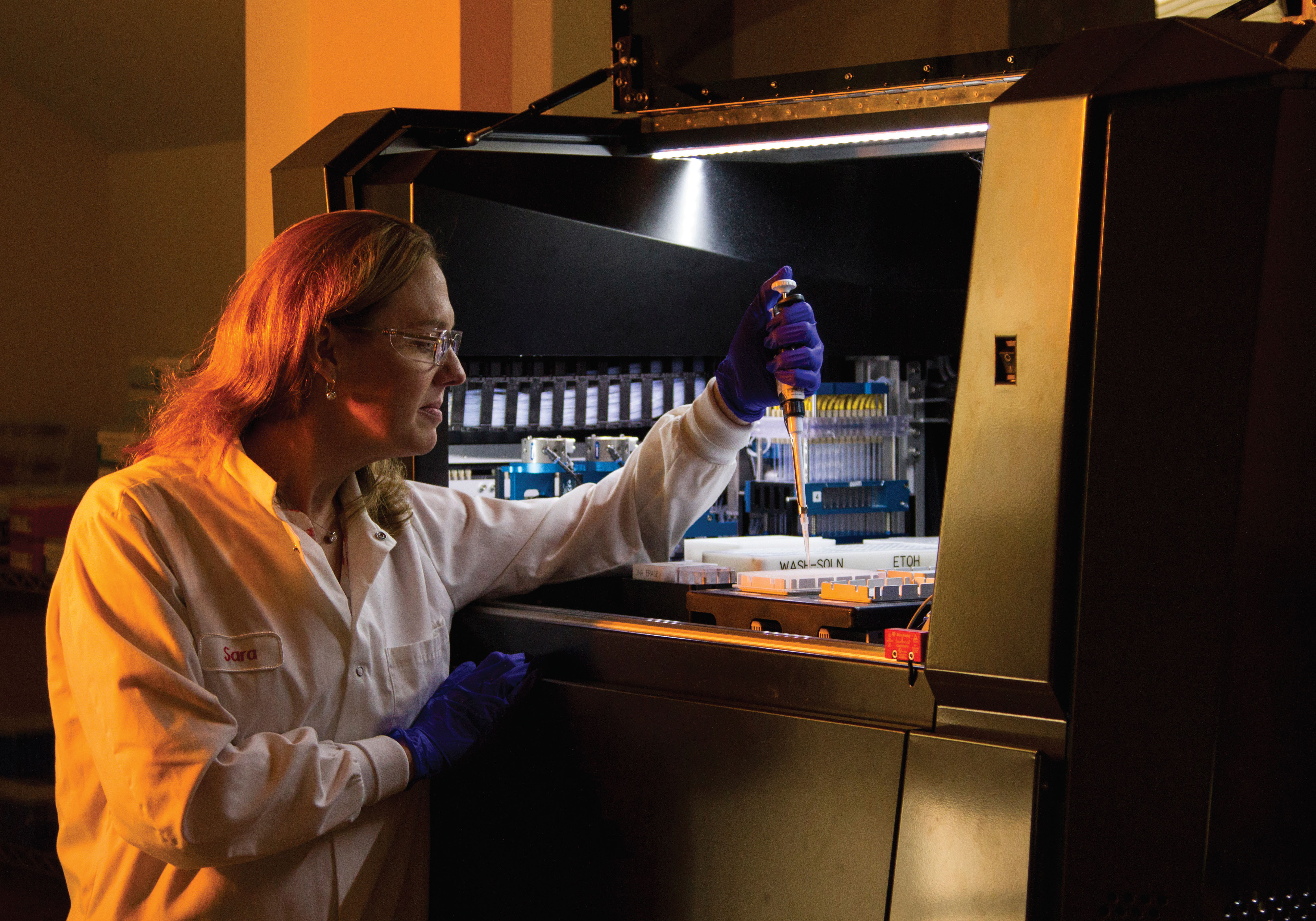Last updated: October 18, 2021
To control the COVID-19 coronavirus pandemic, society needs public health measures (e.g., masks, physical distancing, hand washing), treatments for infection, and vaccines to prevent infection or serious disease. As the most trusted profession, nurses have a responsibility to educate patients and the community about the facts and science behind the vaccines. This reference sheet will help guide those conversations and is regularly updated as new information is released.
As of October 2021, several manufacturers’ vaccines have either emergency use authorization (EUA) (Moderna and Johnson & Johnson/Janssen) or U.S. Food and Drug Administration (FDA) approval (Pfizer). Manufacturers are working on three main types of COVID-19 vaccines:
- mRNA vaccines contain material from the virus and instruct cells to make a harmless protein that is unique to the virus then destroy the vaccine’s genetic material. The body’s immune system recognizes the protein as foreign and produces T and B lymphocytes against COVID-19. Pfizer and Moderna’s products are mRNA vaccines.
- Protein subunit vaccines include pieces of the virus, which the immune system recognizes as foreign and produces T lymphocytes and antibodies.
- Vector vaccines contain a weakened version of a different live virus that has genetic material from COVID-19 inserted into it. This is called a viral vector, and it instructs cells to make a protein that is unique to COVID-19, prompting production of T and B lymphocytes. The Johnson and Johnson/Janssen product is a viral vector vaccine.
Although mRNA vaccines are new for human vaccination, the National Institutes of Health began investing in that type of vaccine in the 1990s. mRNA vaccines do not use a live virus, nor do they enter the cell nucleus or change cellular DNA.
The Pfizer and Moderna vaccines require two doses by intramuscular injection: an initial dose followed by a second dose three to four weeks later. The Johnson and Johnson/Janssen is a single dose. In October 2021, the Centers for Disease Control and Prevention (CDC) recommended that those aged 65 and older, adults with certain medical conditions including cancer, adults in long-term care settings, and people who are at higher risk for COVID-19 exposure and transmission (this includes healthcare workers) receive a booster injection of the Pfizer vaccine six months after their initial vaccination.
What Are the Vaccine’s Short- and Long-Term Side Effects?
Millions of people in the United States have received COVID-19 vaccines since the EUAs were issued. The most commonly reported side effects are swelling, redness, and pain at the injection site, and flu-like symptoms. Some people experience no side effects following vaccination, and reports of serious side effects (e.g., anaphylaxis) are rare. According to CDC, long-term side effects are unlikely, but the agency is closely monitoring the vaccines’ safety. Providers and patients should report side effects of the vaccines through these systems:
- V-safe is the Centers for Disease Control and Prevention’s (CDC’s) smartphone app that sends text messages to vaccine recipients to assess for side effects.
- VAERS (Vaccine Adverse Event Reporting System) was created by the Health and Human Services, CDC, and FDA. Providers can use it to report side effects directly, and V-safe will activate it if a patient reports a side effect in the text message responses.
COVID-19 Vaccination for Patients with Cancer
People with cancer who are infected with COVID-19 may have an increased risk of complications and have overall increased mortality from the infection than those without cancer. Although initial evidence points to both patients with solid tumors and hematologic malignancies being at higher risk compared to the general population, those with metastatic malignancies and immunocompromised states are of particular concern.
Many expert oncology groups recommend that people with cancer or a history of cancer receive the COVID-19 vaccine. Because participants with cancer and those receiving immunosuppressant drugs were excluded from the initial clinical trials, the vaccines’ safety wasn’t established in this population. Experts suggest that although some immunosuppressed patients may experience decreased response, the vaccine may still confer some benefit and is important to reduce the risk or severity of COVID-19 infection. Healthcare providers must counsel patients about the unknown safety profile and effectiveness in immunocompromised populations as well as the potential for reduced immune responses.
The National Comprehensive Cancer Network (NCCN) issued the following guidelines for vaccination in people with cancer:
- People with active cancer and those on treatment (chemotherapy, targeted therapy, immunotherapy, or radiation) should be immunized for COVID-19 when any vaccine with authorization by the FDA is available to them except in the following scenarios:
- Vaccination should be delayed for at least three months following hematopoietic cell transplantation (HCT) or cellular therapy (CAR T) to maximize vaccine efficacy
- Delay in people receiving intense cytotoxic chemotherapy until absolute neutrophil counts have recovered
- Major surgery (separate by at least a few days)
- Oncology provider discretion
- Current COVID-19 infection (delay until the patient has recovered and meets CDC criteria to discontinue isolation)
- Caregivers and household or close contacts of people with cancer should also be immunized, if possible.
- Data continue to emerge on the efficacy and safety of the COVID-19 vaccines in people with cancer and on active treatment.
- No specific type of COVID-19 vaccine is recommended over another.
After vaccination, patients must continue to follow all current guidelines to protect themselves and others against COVID-19 (e.g., wearing face masks, social distancing, handwashing) because vaccinated people, although asymptomatic, may still transmit the virus. Additionally, new COVID-19 variants are emerging and the vaccine’s effectiveness against them is not completely understood.
People with cancer must discuss their desire to get the vaccine with their oncology team before undergoing vaccination. Oncology nurses have a significant role in educating patients with cancer about the COVID-19 vaccine. NCCN has a patient-facing tool that can help guide those conversations.






